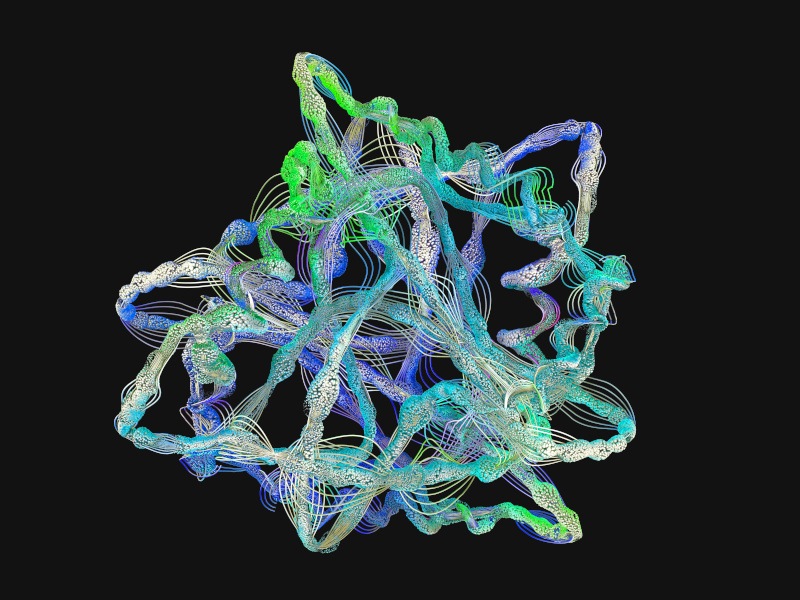
The company said its new version of AlphaFold can predict various biological molecules and their interactions, which could lead to ‘scientific breakthroughs’.
Google-owned DeepMind has shared details on its latest AlphaFold AI model and claims it can make more accurate predictions to accelerate drug discoveries.
The company claimed to achieve a scientific breakthrough last year and said its AlphaFold model predicted the structure of nearly every known protein known to science – more than 200m in total.
DeepMind is working on the “next generation” of AlphaFold and claims the new model can generate predictions “beyond proteins”. The company said this new AI model can predict nearly all molecules in the Protein Data Bank – a database for the 3D structures of various biological molecules.
The Google-owned company said its latest AlphaFold model frequently reaches “atomic accuracy” when predicting molecules and can unlock new understanding in proteins, ligands – small molecules that bind to other molecules – and nucleic acids such as DNA and RNA.
“These different structure types and complexes are essential for understanding the biological mechanisms within the cell and have been challenging to predict with high accuracy,” DeepMind said in a blogpost.
In a preview of the upcoming AI model, DeepMind said this model could help accelerate biomedical breakthroughs and give new insights into areas such as disease pathways, genomics, biorenewable materials, drug discovery and more.
The company said the current industry standard to determine interactions between ligands and proteins is to use “docking methods”, which require a reference to the protein structure and a “suggested position for the ligand to bind to”.
“Our latest model sets a new bar for protein-ligand structure prediction by outperforming the best reported docking methods, without requiring a reference protein structure or the location of the ligand pocket – allowing predictions for completely novel proteins that have not been structurally characterised before,” DeepMind said.
The company said that predicting the structures of proteins and ligands is a valuable tool for drug discovery, as it can help scientists identify new molecules that could become drugs.
“Our model’s dramatic leap in performance shows the potential of AI to greatly enhance scientific understanding of the molecular machines that make up the human body – and the wider world of nature,” DeepMind said.
In September, DeepMind claimed it made another scientific breakthrough by creating a massive catalogue of genetic mutations that could speed up disease diagnosis.
Earlier this year, Google merged DeepMind with Google Brain to streamline the search giant’s AI efforts.
10 things you need to know direct to your inbox every weekday. Sign up for the Daily Brief, Silicon Republic’s digest of essential sci-tech news.

